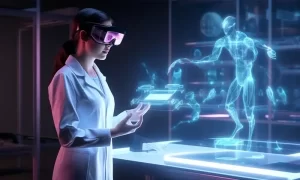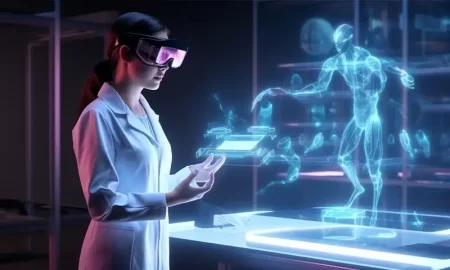In recent years, there has been a significant shift in the automotive industry towards electric vehicles (EVs). With their promise of reduced emissions and a greener future, EVs have gained immense popularity among environmentally-conscious consumers. However, there are some shocking truths about electric vehicles that you need to know. In this article, we will delve into these lesser-known aspects of EVs and uncover the reality behind the electric revolution.
Limited Range Anxiety
One of the major concerns surrounding electric vehicles is range anxiety. Many potential buyers worry about running out of charge before reaching their destination. While this was a valid concern in the early days of EVs, significant advancements have been made in battery technology. Modern EVs now offer impressive range capabilities, with some models exceeding 300 miles on a single charge. Additionally, the development of fast-charging infrastructure has significantly reduced charging time, alleviating range anxiety.
Environmental Impact of Battery Production
While EVs are touted as environmentally friendly, it’s crucial to consider the environmental impact of battery production. The production process involves the extraction of raw materials, such as lithium and cobalt, which can have adverse effects on local ecosystems. Furthermore, the energy-intensive manufacturing process itself contributes to carbon emissions. It is important to strike a balance between the benefits of EVs and the environmental consequences of their production.
Charging Infrastructure Challenges
The availability and accessibility of charging infrastructure remain a significant challenge for wider EV adoption. Although there has been substantial progress in establishing charging networks, especially in urban areas, rural regions often face a lack of charging stations. The expansion of charging infrastructure needs to be a priority to ensure the convenience and viability of EVs for all.
Cost Considerations
Electric vehicles tend to have a higher upfront cost compared to their internal combustion engine counterparts. The price disparity is primarily due to the expensive battery technology utilized in EVs. However, it is important to consider the long-term cost savings associated with EV ownership. Electric vehicles have lower operational and maintenance costs, as they require less frequent servicing and eliminate the need for fossil fuels. Over time, these savings can offset the initial higher purchase price.
Impact on the Power Grid
As the number of EVs on the road increases, concerns arise regarding the strain they put on the power grid. Charging multiple EVs simultaneously can lead to peak demand surges, potentially overloading the electrical infrastructure. To mitigate this issue, smart charging solutions are being developed to distribute the load evenly and manage charging during off-peak hours. The integration of renewable energy sources into the grid also helps reduce the environmental impact of charging EVs.
Technological Advancements and Future Potential
The electric vehicle industry is constantly evolving, driven by technological advancements and innovation. Manufacturers are continually improving battery efficiency, reducing charging times, and increasing the overall range of EVs. Additionally, the development of autonomous driving technology and the integration of electric vehicles into smart city infrastructure hold great promise for the future of transportation.
Government Incentives and Policies
To encourage the adoption of electric vehicles, many governments worldwide have implemented incentives and policies. These measures include tax credits, subsidies, and grants for purchasing EVs, as well as the development of charging infrastructure. Government support plays a crucial role in accelerating the transition towards electric mobility and reducing dependence on fossil fuels.
Second Life for EV Batteries
After their useful life in electric vehicles, batteries can still serve other purposes. They can be repurposed for energy storage, providing backup power during peak demand periods or for renewable energy systems. This second life application extends the lifespan of batteries, reduces waste, and contributes to a more sustainable energy ecosystem.
The Future of Transportation
Electric vehicles are just one piece of the puzzle when it comes to the future of transportation. The electrification of vehicles, coupled with advancements in autonomous driving, shared mobility, and sustainable urban planning, promises to revolutionize the way we move. As electric vehicles become more mainstream, we can envision a future with cleaner air, reduced carbon emissions, and a more efficient transportation system.
Conclusion
While electric vehicles offer numerous benefits and contribute to a greener future, it’s essential to understand the whole picture. The shocking truths about EVs include range anxiety, environmental implications of battery production, charging infrastructure challenges, cost considerations, and the impact on the power grid. However, with technological advancements, government support, and a focus on sustainability, the future of electric mobility holds great promise. By acknowledging the challenges and addressing them proactively, we can unlock the true potential of electric vehicles and accelerate the transition towards a cleaner and more sustainable transportation system.
In conclusion, electric vehicles are a significant step towards reducing our reliance on fossil fuels and mitigating climate change. By embracing the shocking truths and working towards solutions, we can ensure a successful and sustainable electric revolution.












